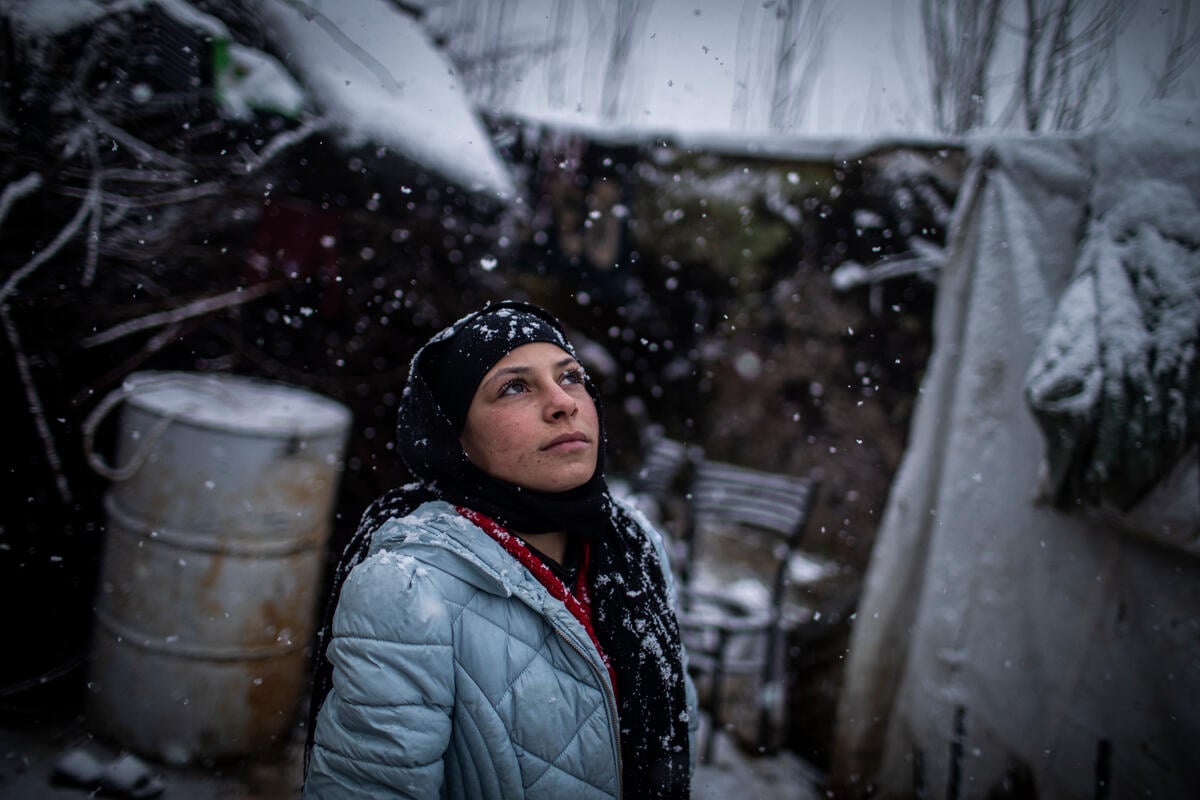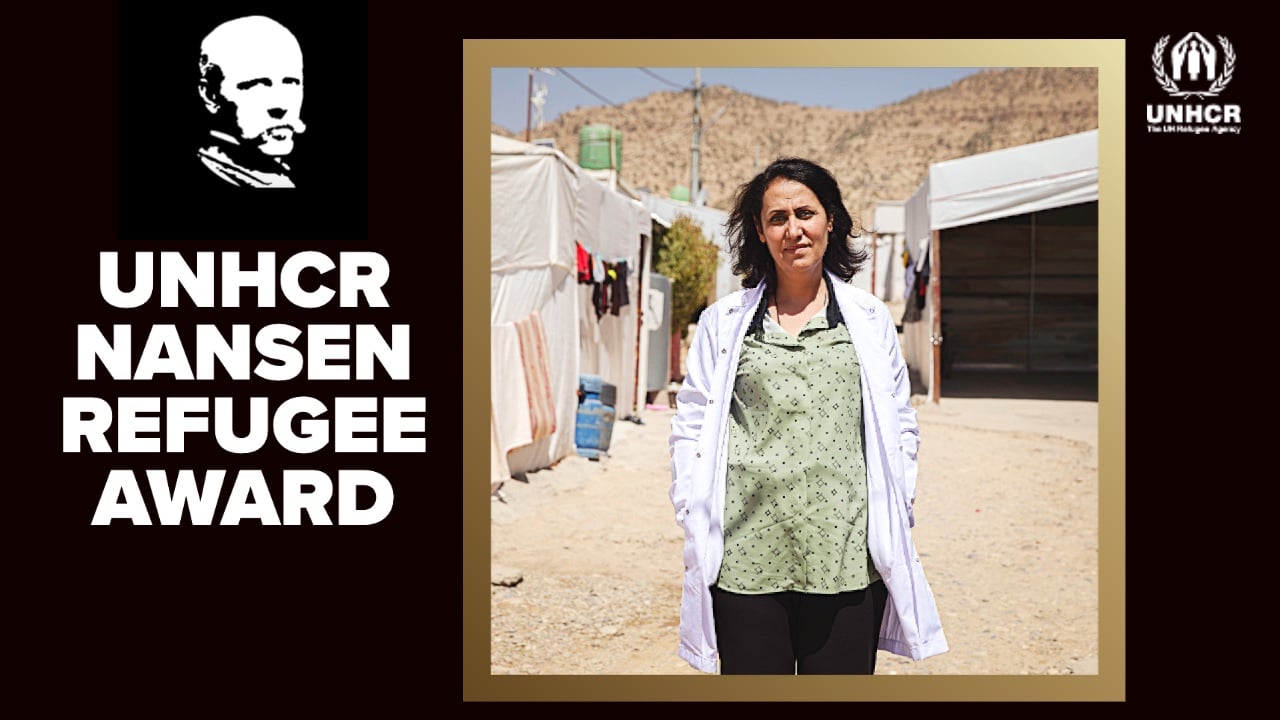Iraq: despite repeated requests, no contributions received this year
Iraq: despite repeated requests, no contributions received this year
The on-again-off-again repatriation convoys from Iran's refugee camps back to southern Iraq's Basra Governorate are expected to resume later this week following a nearly two week long interruption due to security concerns in southern Iraq. The last convoy from Iran arrived in Basra on May 20.
A convoy is loading today at Baninajar and Ansar camps in Iran's south-western Khuzestan Province in preparation for a departure in the coming days. Those registered to repatriate this week are long-time refugees seeking to voluntarily return despite the fragile security situation in Iraq. Several similar convoys in recent weeks have seen as many as half the expected passengers balk and stay behind at the last moment when they heard reports of fresh fighting in southern Iraq.
Pending developments on the ground, we expect two further convoys to leave Iran next week. More than 11,100 refugees have returned on the UNHCR/Ministry of Displacement and Migration-facilitated convoys since last July, mainly from Iran, Saudi Arabia and Lebanon. The UN refugee agency does not encourage people to repatriate to Iraq due to the security situation.
Elsewhere in southern Iraq, in cooperation with Intersos and The Salvation Army, UNHCR is providing assistance to more than 6,000 people who were displaced by floods in Maysin and Thi Qar governates. After several weeks of delays due to insecurity, aid workers distributed various UNHCR stocks to affected communities in the two governorates last weekend, including 250 tents, 2,400 blankets, 500 jerry cans and 250 kitchen sets. Unfortunately, more flooding occurred overnight Friday when the Glory Canal, which was built by Saddam Hussein to drain the area, broke its banks, forcing 2,000 to 3,000 people from their homes and leaving them in urgent need of relief assistance.
In another development, 69 Palestinians who fled Baghdad a year ago have left a remote camp in eastern Jordan and gone back to their adopted city in three self-organised mini-convoys in recent days. The Palestinians, mostly single men but also some families, had given up hope of getting temporary asylum elsewhere in the region or being allowed to go to the Gaza strip or the occupied West Bank. UNHCR provided them with relief aid and money to cover transport and house rent in Baghdad. UNHCR currently cares for 325 Palestinians at two remote sites in eastern Jordan. More than 380 Palestinians with Palestinian spouses were allowed to enter Jordan last year.
Despite repeated pleas for funding, we have not received any contributions this year for our operations in Iraq. UNHCR's assistance and rehabilitation activities, support for various non-governmental organisations and capacity building for the staff of Iraq's Ministry of Displacement and Migration has almost exhausted some $20 million in contributions that were left over from 2003. We require a further $50 million to maintain assistance activities and support for partner agencies through the end of 2004.








